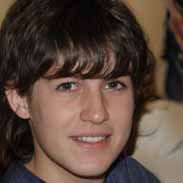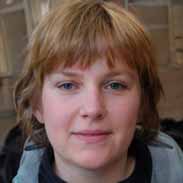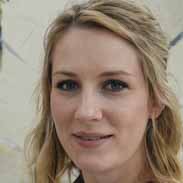Introductory Psychology Flashcards, test questions and answers
Discover flashcards, test exam answers, and assignments to help you learn more about Introductory Psychology and other subjects. Don’t miss the chance to use them for more effective college education. Use our database of questions and answers on Introductory Psychology and get quick solutions for your test.
What is Introductory Psychology?
Introductory Psychology is a field that examines the fundamentals of human behavior, emotions and cognition. Through this study, it enables us to gain insight into our own behavior as well as that of others around us. This knowledge can then be applied in many different ways such as understanding how we interact with each other in relationships or helping people cope with mental health issues.At its core, introductory psychology seeks to answer the fundamental question: why do humans behave in certain ways? To do so effectively, researchers must examine both biological and environmental factors that influence human behavior. For example, one might look at the role genetics plays in aggression by studying twins raised separately or consider how culture shapes interpersonal communication styles among diverse groups of people. Additionally, psychologists often use psychological experiments to explore cause-and-effect relationships between variables and observe real-world phenomena within natural settings. In addition to researching theories and conducting experiments, introductory psychology courses also teach basic concepts related to mental health such as diagnosing disorders using the Diagnostic Statistical Manual (DSM). Students learn about common treatments for various conditions including cognitive behavioral therapy (CBT) which focuses on changing negative thought patterns; psychoanalysis which emphasizes uncovering unconscious motivations; and group therapy which aims to improve social skills through shared experiences with peers. They may also be exposed to topics like resilience theory which investigates how individuals adapt positively despite hardships they face during their lives. By exploring these topics through lecture discussions, readings from textbooks and peer-reviewed research papers, case studies or practical activities like roleplaying exercises in class , introductory psychology courses provide an overview of current thinking about mental functioning and can help students form an informed opinion on controversial matters related to this field while increasing their understanding of themselves and those around them .
























